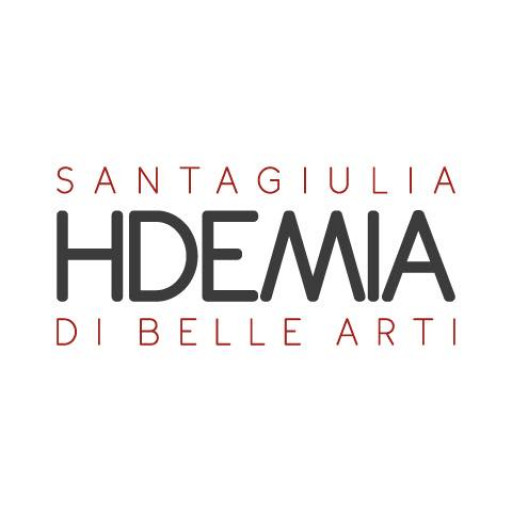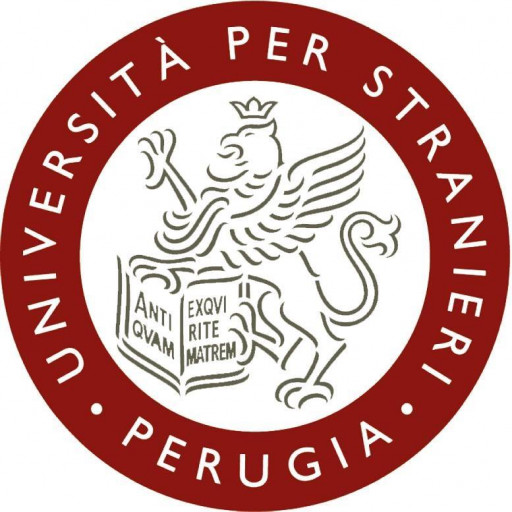Photos of university / #lundsuniversitet
The Master's Programme in Visual Culture at Lund University offers students an in-depth exploration of visual phenomena and their significance within contemporary society. This interdisciplinary program combines theoretical analysis, historical perspectives, and practical approaches to understanding how images, media, and visual practices influence culture and communication. Students will engage with a diverse range of visual forms, including art, media, digital images, and visual technologies, critically examining their roles in shaping identities, politics, and social dynamics. The curriculum includes courses on visual theory, media studies, cultural analysis, and research methods, providing students with a comprehensive toolkit for investigating visual culture from multiple angles. Throughout the program, students are encouraged to develop their analytical skills, engage in independent research, and produce a thesis that contributes to ongoing debates in the field of visual culture. The program also emphasizes the importance of understanding current technological developments and innovative digital practices in visual communication. By fostering critical thinking and creative inquiry, Lund University's MSc in Visual Culture prepares graduates for careers in academia, media, arts management, museum work, and other fields where visual literacy and cultural understanding are essential. The program benefits from Lund University's vibrant academic community and strong connections with cultural institutions, offering students opportunities for internships, collaborations, and exhibitions. Graduates will be equipped with the knowledge and skills to analyze and interpret visual materials critically, recognize the socio-cultural power of images, and contribute to discussions on visual culture in a globalized world.
The Master's Programme in Visual Culture at Lund University offers an in-depth exploration of the dynamic and interdisciplinary field of visual studies, engaging students with the diverse ways images, objects, and visual media shape our understanding of the world. Over the course of the programme, students will examine a wide range of visual phenomena, including contemporary art, popular culture, media productions, and digital imagery, from historical, cultural, aesthetic, and theoretical perspectives. The curriculum is designed to develop students’ critical thinking, analytical skills, and creative approaches to visual analysis, providing them with the tools to interpret and innovate within various professional contexts.
The programme emphasizes a combination of theoretical knowledge and practical skills, encouraging students to critically evaluate visual practices across different media and platforms. Courses cover topics such as art history, media theory, visual semiotics, cultural studies, and digital culture, fostering an understanding of how visuality influences societal values, identity formation, and political discourse. Through seminars, workshops, and project-based assignments, students are challenged to produce their own visual analyses and creative projects, preparing them for careers in museums, galleries, media industries, education, and cultural management.
Furthermore, the programme promotes an international and interdisciplinary learning environment, engaging students with global visual cultures and contemporary debates. Students will have opportunities for international exchanges and collaborations, gaining broader perspectives and networking within the field. The programme culminates in a thesis project, allowing students to undertake independent research on a topic of their choice within visual culture, supported by faculty expertise. Upon graduation, students will possess a comprehensive understanding of visual culture theories and practices, equipping them for further academic pursuits or professional roles that require analytical and creative competence in visual communication, curation, critique, and education.
Admission requirements for the Master’s Programme in Visual Culture at Lund University generally include a completed Bachelor’s degree or equivalent in a relevant field such as art history, media studies, cultural studies, or related disciplines. Applicants are often required to submit a CV, a letter of motivation, and possibly a sample of written work or portfolio demonstrating relevant skills and knowledge. Proficiency in English is mandatory, with proof through tests like IELTS or TOEFL, as the program is taught in English. Specific grade requirements may apply, typically demanding at least a passed grade or a certain GPA in previous academic studies. International students may also need to demonstrate their eligibility via recognition of prior university studies in their home country, which could involve diploma equivalency assessments. In some cases, relevant work experience or additional qualifications in visual culture or related fields can strengthen an application. The selection process is competitive and emphasizes academic merits, motivation, and relevant experience. The program aims to admit students who show a strong interest in visual culture and critical analysis, and who are capable of engaging with theoretical and practical aspects of the field at an advanced level. Applicants should carefully review the specific admission criteria listed on the Lund University admissions webpage for the most accurate and updated information. In addition to academic and language requirements, certain financial documentation may be required for international applicants to prove the ability to cover tuition fees and living expenses during the study period. It is recommended that prospective students prepare all necessary documents well in advance to meet application deadlines. Overall, the programme attracts students with a background or keen interest in visual arts, media, and cultural critique, seeking to deepen their understanding and develop analytical skills in visual culture studies.
The Visual Culture master's programme at Lund University offers a variety of financing opportunities to support students throughout their studies. International students are encouraged to explore scholarship options available specifically for master's programmes at Lund University, including merit-based scholarships such as the Lund University Global Scholarship, which is awarded based on academic excellence. Additionally, Swedish government loans and grants may be accessible for students from the European Union or Nordic countries, depending on their residential status and funding eligibility.
Students are advised to consider supplementary funding sources, including external scholarships from organizations related to arts and culture, as well as financial aid from their home countries. Lund University also provides guidance on part-time work opportunities, which can help students support themselves financially during their studies. The cost of living in Lund necessitates careful financial planning, including budgeting for accommodation, textbooks, transportation, and personal expenses. The university's student services offer advice on managing living costs and accessing student discounts, which can significantly reduce expenses.
Furthermore, students should investigate the possibility of research or teaching assistantships, which may be available depending on their academic performance and program needs. These roles often provide both financial compensation and valuable academic experience. It is also worthwhile to explore external funding opportunities offered by cultural institutions, foundations, or government agencies interested in supporting studies related to visual culture and arts.
In summary, financing for the Visual Culture master's programme at Lund University involves a combination of internal scholarships, government grants, external funding sources, part-time employment, and careful financial planning. Prospective students are encouraged to start their funding applications early and consult the university’s official financial aid office for the most current and personalized advice, ensuring they can focus on their academic pursuits without undue financial stress.
The Master’s Programme in Visual Culture at Lund University offers an in-depth exploration of visual phenomena, critically examining the production, reception, and interpretation of images and visual media within contemporary society. The programme is designed to provide students with comprehensive knowledge of art history, media studies, and cultural theory, allowing them to analyze visual culture from diverse perspectives. Students will engage with theories of aesthetics, visual communication, and cultural practices, fostering critical thinking and analytical skills applicable across multiple disciplines. The curriculum combines theoretical coursework with practical projects, encouraging students to develop a nuanced understanding of visuality in various contexts, including art, advertising, digital media, film, and popular culture.
Throughout the programme, students will study how images influence societal ideologies, political discourse, and identity formation. They will examine case studies from different historical periods and different regions, promoting a global perspective on visual culture. Special emphasis is placed on understanding the role of technology and new media in shaping contemporary visual landscapes. The programme also offers opportunities for students to undertake independent research, culminating in a thesis that contributes to ongoing debates within the field. Beyond theoretical knowledge, students gain practical skills in visual analysis, research methodology, and academic writing, preparing them for careers in museums, galleries, media organizations, and academic research.
Lund University’s vibrant academic environment fosters interdisciplinary collaboration, allowing students to interact with scholars from diverse fields such as anthropology, media studies, history, and arts. The programme benefits from Lund’s rich cultural scene and historical archives, providing valuable resources for research. Graduates of the Master’s Programme in Visual Culture are equipped to pursue further academic study or enter professional roles where visual literacy and critical analysis are essential. The programme’s flexible structure, aligned with international standards, enables students to customize their studies according to their interests and career aspirations. Overall, the programme aims to produce well-rounded specialists capable of analyzing and contributing to contemporary visual culture in meaningful ways.








